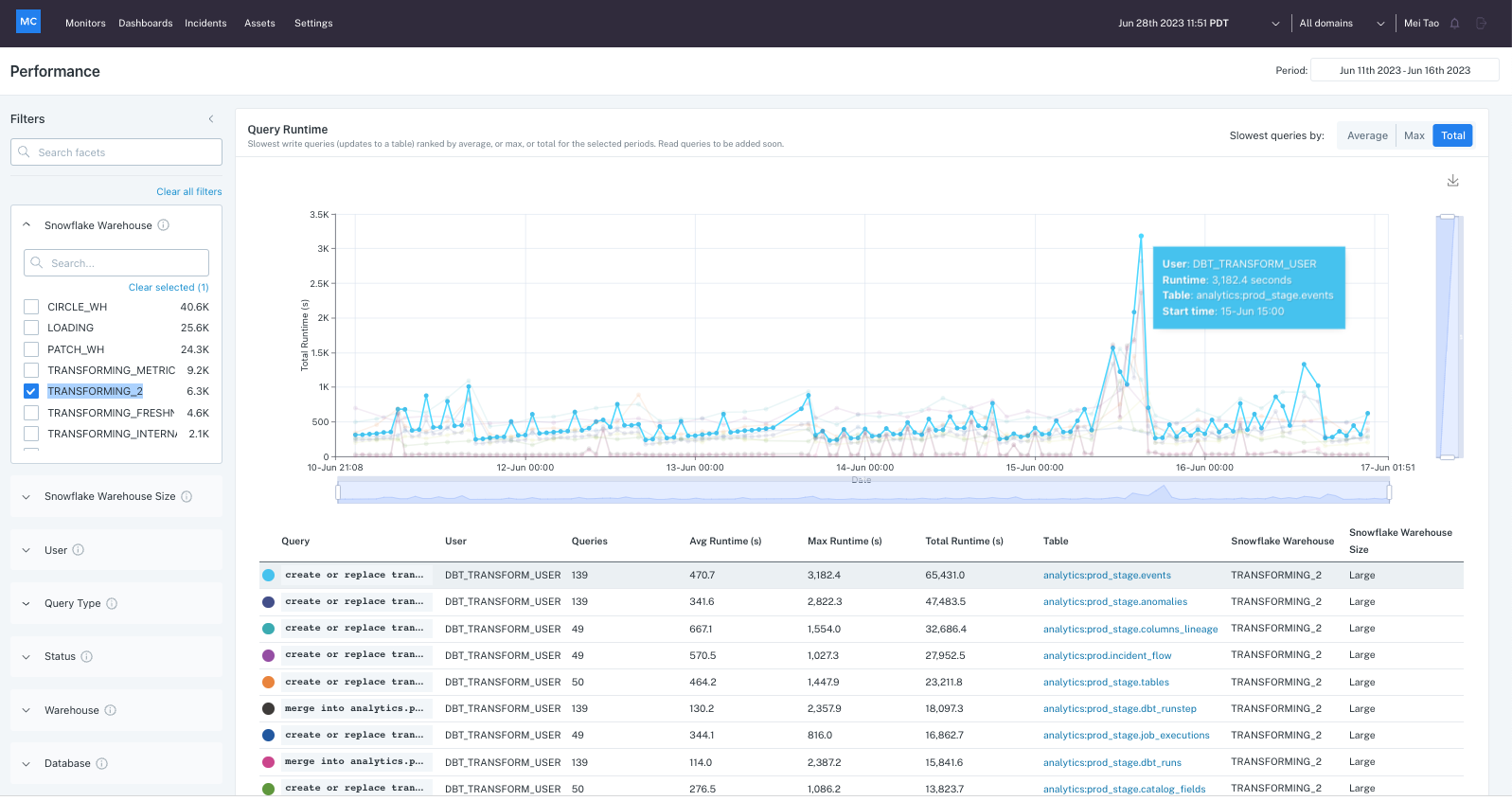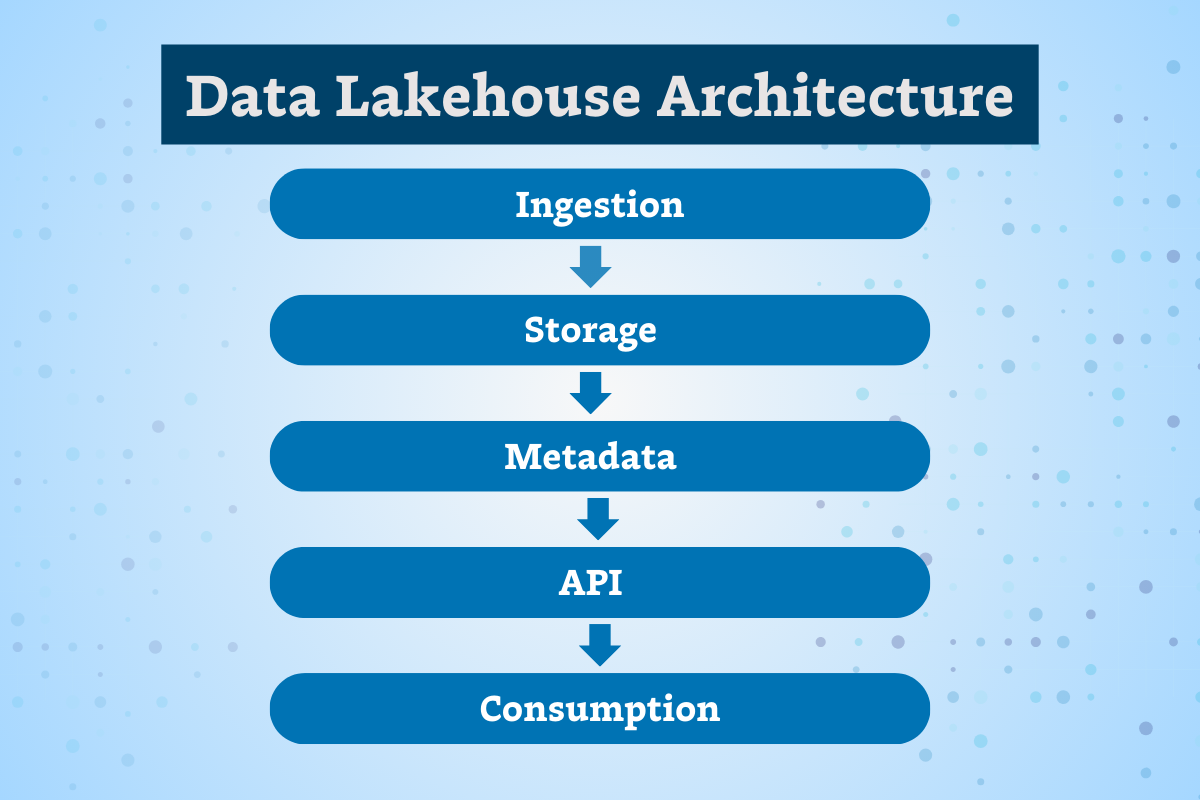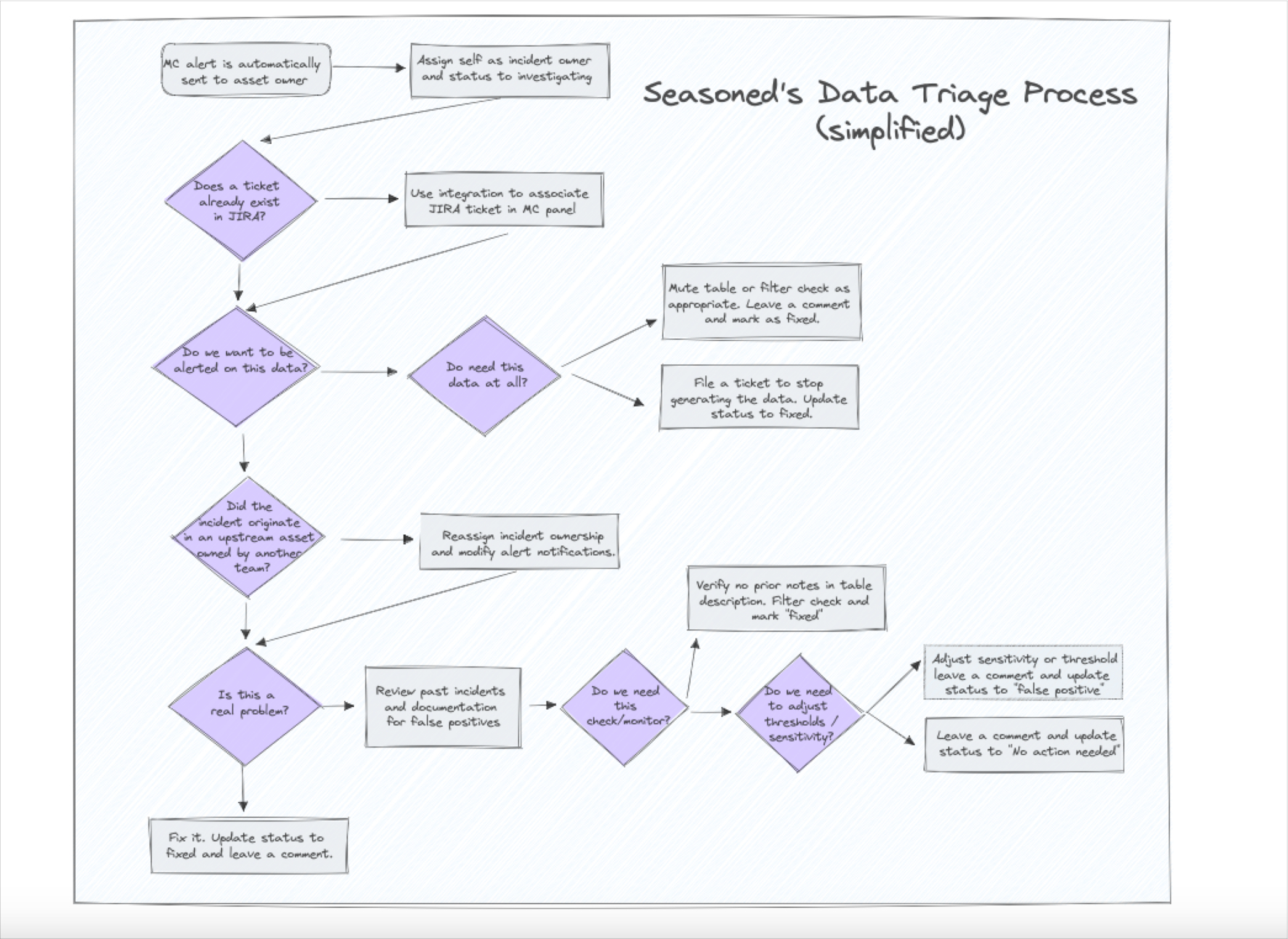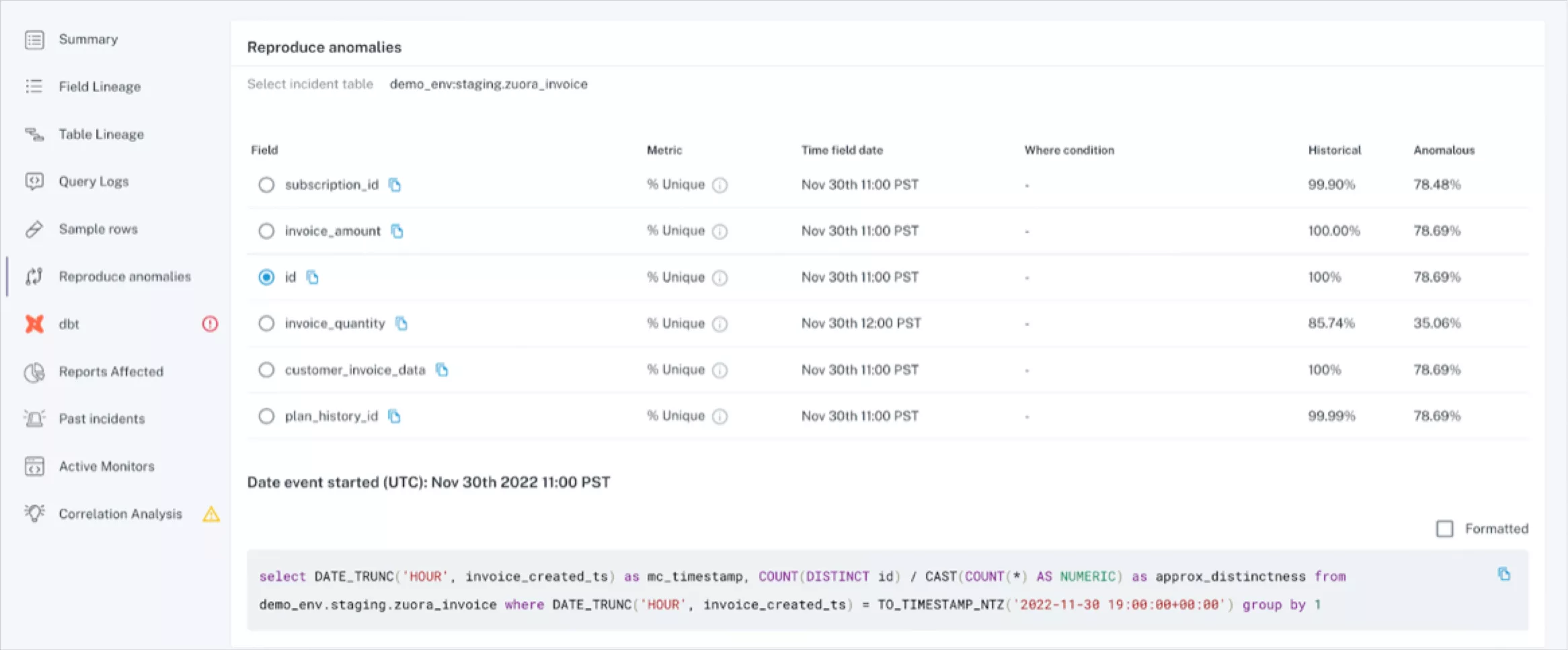Calculating the ROI of Your Data—And WHY It Matters

Ten years ago, data as a differentiator was barely an afterthought. We all liked to say we were data-driven, but precious few companies had the receipts to back it up. Fast-forward just a few years and every team—from marketing to customer success—is ostensibly a tentacle of the data machine.
As data becomes the lifeblood of modern business, organizations from every corner of the world are pouring trillions into their data functions at the promise of driving real impact for their bottom lines. So, with all that investment, it begs the question—is it actually working?
And if it is…how would you know?
As budgets tighten and investors become increasingly cautious, proving out the ROI of your data is mission critical for every data leader.
In this video, Monte Carlo Founder Barr Moses shares her insights on calculating the ROI of data programs, why proving value is top of mind for leadership teams, and how data teams can set themselves up for success.
Click to watch or check out the transcript below!
Our promise: we will show you the product.
Transcript
Daliana:
What do you think is the next big challenge for data teams?
Barr:
And I think this is a really interesting time for data teams. I would say, I think the last sort of 10 years ago, everybody was like, oh yeah, we’re data driven. I don’t think that was true, actually. I think we just said it because we wanted to say it and we felt important saying it. Yeah. But we weren’t really using data. I think it was a handful of people using data in a small pocket over the organization, and they were using data once a quarter.
Daliana:
Just a checkbox that…
Barr:
Yeah. Yes. Or it’s like, okay. It’s funny. On the one hand it’s a checkbox. Okay, we’re data driven. On the other hand, the most fundamental questions, how many customers we have. Super hard to answer for most organizations, and it’s like the most basic question
Daliana:
To have. Counting extremely hard.
Barr:
Counting is hard. Exactly. We haven’t figured out how to count. No one has, and by the way, so that hasn’t changed. It’s still the main problem that we have today. We don’t know how to count, but I think it’s a stark difference from today. But it’s worth remembering that just a hot second ago, no one was really using data, checking the box, to your point, and today, not uncommon for every single team to be a data team, really doesn’t matter where you are. Product, engineering, sales, marketing, customer success, you’re using data. You have someone on your team who’s like analyzing data. Maybe in real time, maybe not, doesn’t matter, but you’re all using data. That is a stark difference. And also there’s this kind of, on the topic of buzzy wars, there’s this emergence of the modern data stack. And so whether you’re using Snowflake, Databricks, BigQuery, data teams are on the hook now.
They’ve made companies made a big bet on data. They’ve invested a lot. And data teams, it’s like it’s money time for them now. Yeah. They’re like, okay, so now that we’ve invested so much, show me the money, prove that this is valuable. I speak with sort of data practitioners and leaders on a pretty regular basis. And I want to tell you the hottest topic that people are asking me about now is how to prove our value as a data team and how to show the roi. Right. And we actually wrote a blog post about this that kind of talks about looking sort of at an attribution model, basically to say how much revenue uplift you’ve contributed per function. So how does the data team help the marketing team generate more revenue or the sales team more revenue, or the customer success team, more revenue. Let’s take for example, customer success.
The data team can help by doing an analysis of which companies might be primed for an expansion right now, or which organizations are using particular products and might have an inclination to try similar products to it. And you can actually look at the impact there on the business and measure that back to the data team. It’s obviously a lot harder to do. Yeah, it’s really, it’s very, very hard. And so some companies try to do it directionally, but I would say that’s really one of the things that folks are struggling with. I think the other thing that we are personally working a lot with companies on is on looking at some metrics sort of actually around data reliability. So whether that’s time to detection, so if in the past it took, I don’t know, seven days or longer to identify an issue, can you reduce that to a couple of hours? The second is time to resolution. So from when an incident started until it’s resolved, can you shorten that time? Yeah. And then overall percentage uptime or downtime, what percentage defining SLAs actually for high importance asset that you’ve identified. Maybe there’s some key tables that are most important and kind of holding yourself accountable to metrics, like data time, data uptime.
Daliana:
Yeah. Yeah, I think measuring the r I of a data team is really hard, especially part of their job is to generate some insights and they could inspire a business decision, but it might not necessarily result in an immediate ri, but you also know you have to have a data team here. You need to measure things. And so do you have any advice on how to specifically measure the ri? So besides the time you saved, what are some other things you can measure? The RI, for example, a specific piece of insights or research you’ve done?
Barr:
Yeah, so there’s various ways that teams measure. I’ll just mention a couple. One is operational efficiency. So to your point, how much time have you saved for a particular function? Yeah. The second is reducing time to insights. So from the time that you have a particular question to actually being able to answer that, actually, red Ventures is one of our customers who’s done a lot of work on that. The third example could be actually new revenue generated. So if the data team did some analysis that resulted in a new product, new go to market strategy, an expansion or upsell opportunity, those can be sort of attributed back to the team. So folks look at that. I would also say in stronger personalization products, so for example, recommending the right products to you at the right time and the right audience. This is particularly relevant actually for financial companies who want to recommend the right packages, the right solutions based on what they know about you and your history. In all of those instances, data can actually, you know, can build a beta better product. And so in those cases, the ROI is a lot clearer. Yeah, I would say the closer the data team’s work is to real business outcomes, the easier it is to explain that roi. Mm.
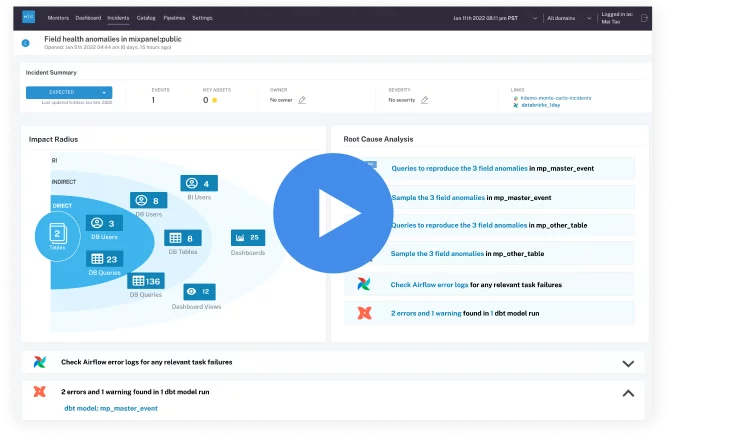 Product demo.
Product demo. 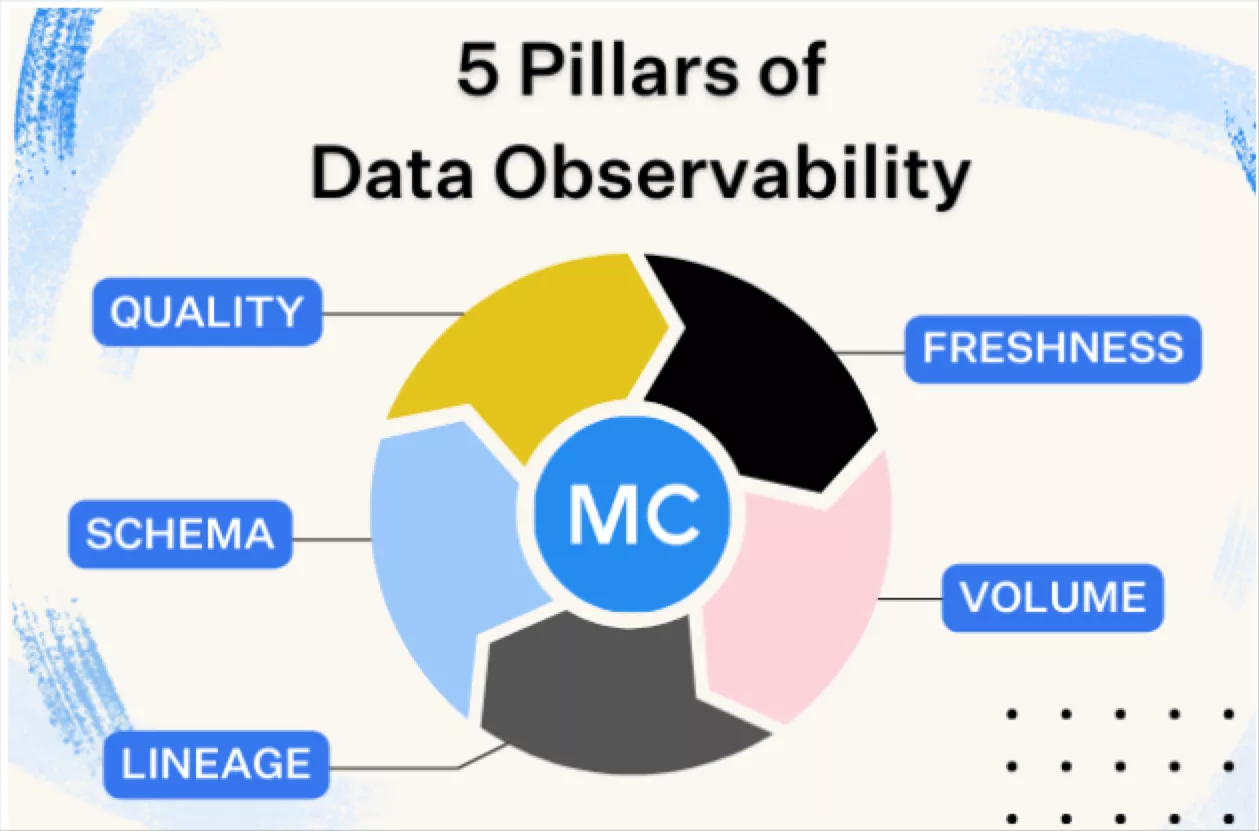 What is data observability?
What is data observability? 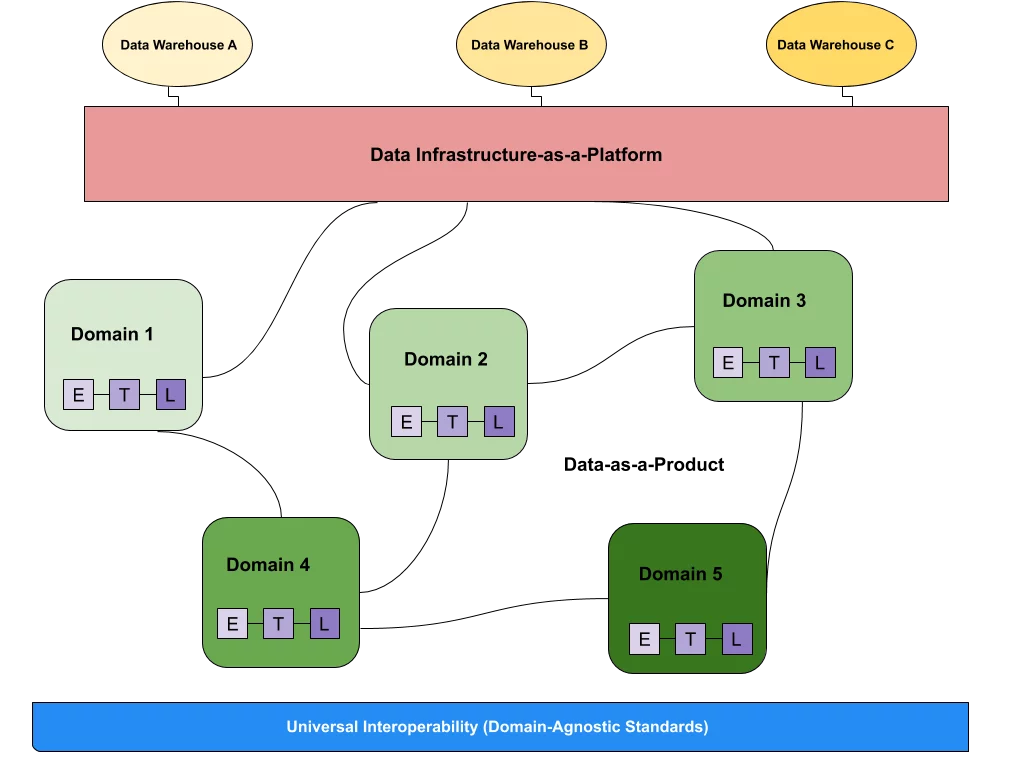 What is a data mesh--and how not to mesh it up
What is a data mesh--and how not to mesh it up 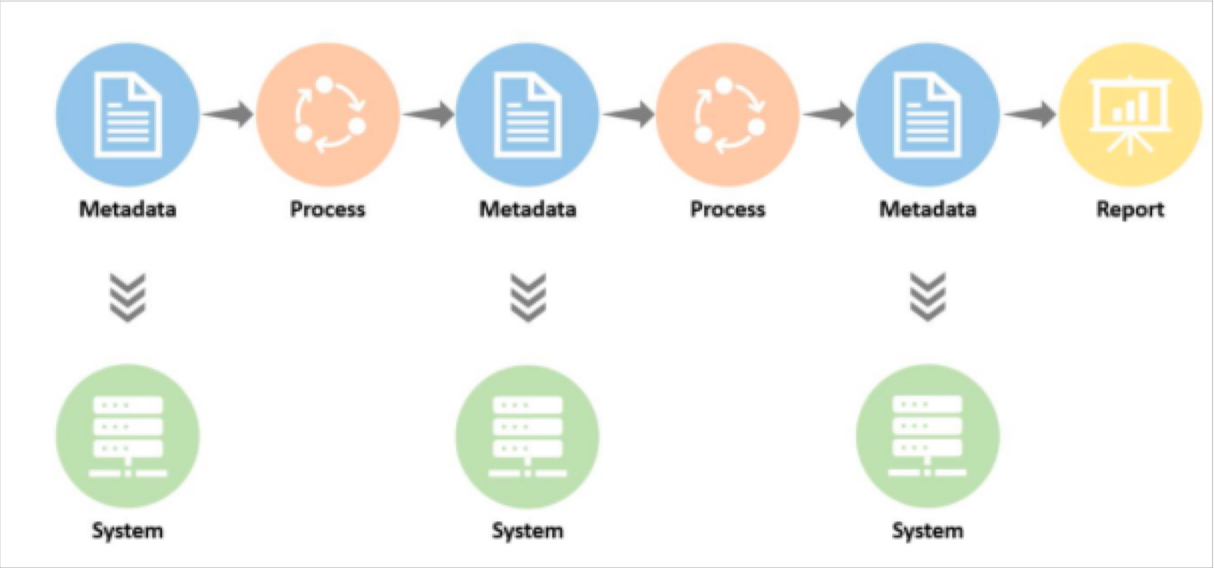 The ULTIMATE Guide To Data Lineage
The ULTIMATE Guide To Data Lineage 
